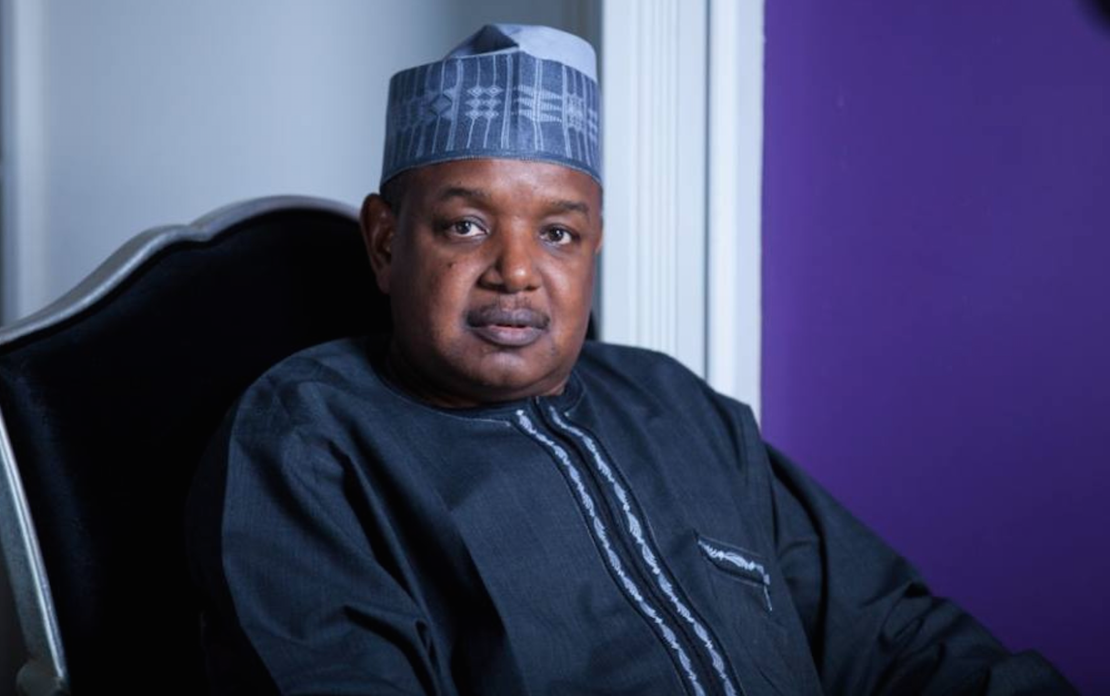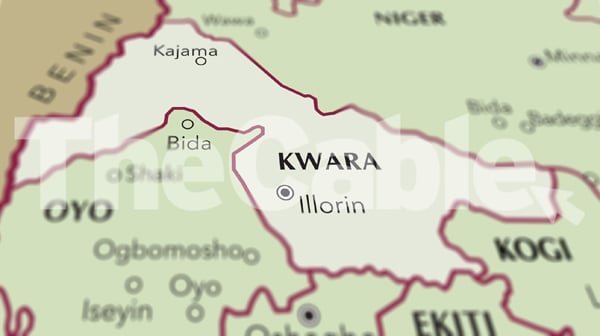BY SAFIYA BICHI
As the debate around gender equality returns to the national conversation, particularly the bill seeking to create additional legislative seats for women, it is important that we confront the prevailing narratives that continue to undermine women’s political participation in Nigeria.
One persistent, harmful refrain is this: “Women don’t support women.”
This claim is often weaponised to explain the political marginalisation of women, conveniently ignoring the real structural and institutional barriers that keep Nigerian women out of the political arena. But let’s be honest: what stops women from advancing in politics is not the absence of female solidarity; it is a political culture rigged by power dynamics, unequal access to resources, and deeply entrenched patriarchy.
Advertisement
The name Serah Jibril is mostly invoked in discussions about women in politics. It’s almost always in a dismissive tone: “She got only one vote.” But no one ever asks why? Was it because she was not supported by women? Or because she lacked the financial firepower to buy delegates, a prerequisite for electoral success in Nigeria’s party primaries?
In 2011, Serah Jibril stood on a platform of integrity, education reform and national unity. Her problem was not her gender. It was access to the massive war chest needed to influence party delegates. At the time, how many women were even delegates? And among the hundreds of men in that voting room, are we to believe not a single one resonated with her vision? Of course not. But primaries in Nigeria are rarely about ideas. They are about influence, money and godfather networks.
That Serah Jibril received only one vote was not a result of rational political calculus, nor did it reflect the oft-invoked ideal of women not supporting women. It was a harsh reminder of the monetised structure of our politics. Where ideas don’t win, resources do.
Advertisement
So, who keeps killing the gender bills?
It’s no secret that gender equality bills have repeatedly failed in Nigeria’s national assembly. The bill proposing additional reserved seats for women, one of the forward-looking and necessary interventions in Nigeria’s political history, was rejected in 2022, despite widespread support from civil society, the development community and millions of Nigerian women.
Most of the men in power are gatekeepers of a patriarchal political order that thrives on exclusion. And yes, there may be a few women in the chambers, but they are the minority. It is statistically unlikely for their votes to ensure the passage of these bills. If anything, if more women had voting power in the legislature, the outcome would likely have been different.
Yet instead of holding the gatekeepers to these institutions accountable, public discourse often turns around to blame women themselves for not supporting each other. But we never say “men don’t support men” when male candidates fail or attack each other publicly. Why the double standard? We must stop scapegoating women for the failure of the system. The real barriers are: financial exclusion, patriarchal party structures and sociocultural norms. These are the real enemies of women’s political participation, not other women.
Advertisement
The bill proposing additional seats for women in the national assembly is not about tokenism; it is about correcting an imbalance that the current system failed to fix for over 60 years. Countries like Rwanda and Senegal have used similar approaches with dramatic success, resulting in more inclusive, responsive and equitable governance.
We are at a critical juncture. The 2027 elections are approaching, and the passage of this bill offers a chance to open up the political space. Progress will not come from repeating tired tropes about women not supporting women. It will come from removing the systemic barriers that have shut them out for decades. Let’s support the bill for additional reserved seats for women and build a political system that reflects the realities of its population. Where both men and women thrive on just terms.
Safiya Bichi is a passionate researcher and data specialist committed to advancing democratic governance and civic participation in Nigeria. She combines analytical expertise with advocacy for inclusion, transparency, and evidence-based policymaking. She is the Head of Knowledge Management and Learning Department at Yiaga Africa
Advertisement
Views expressed by contributors are strictly personal and not of TheCable.









